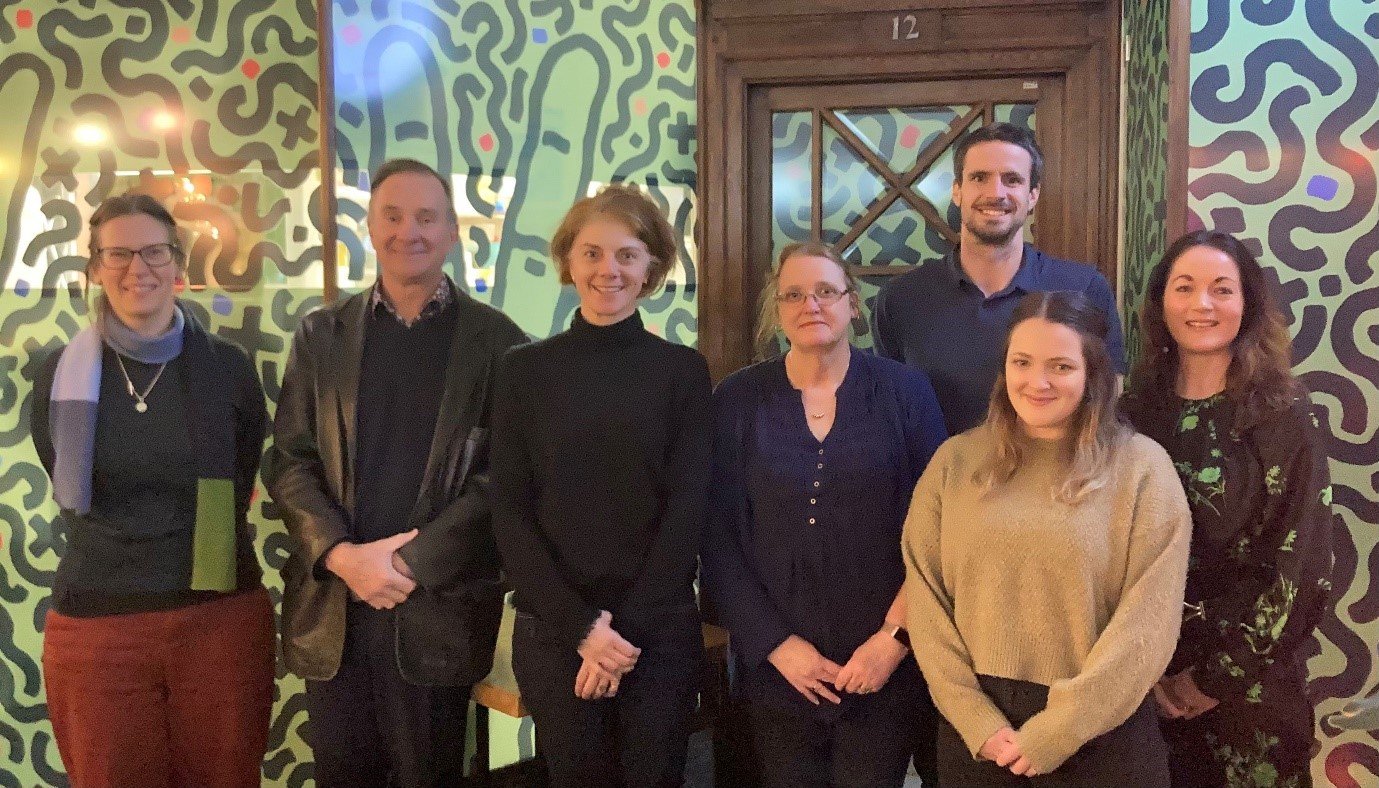Search
CMVictory: finding a vaccine for cytomegalovirus, a serious virus for unborn babies

Māori and Pacific governance groups discuss and inform study protocols and issues that have arisen during the study, particularly those pertaining to Māori and Pacific ARF patients and their whānau.

News & Events
Hep C can be cured, but many people are still not being treatedPeople living with hepatitis C in WA are being urged to take part in a new project, aimed at encouraging the take-up of treatment.
Research
Environmental Risk Factors by Gender Associated With Attention-Deficit/Hyperactivity DisorderOur study investigates the maternal, pregnancy, and newborn risk factors by gender for children prescribed stimulant medication for treatment of ADHD in WA.
Research
What does the nature of the MECP2 mutation tell us about parental origin and recurrence risk in Rett syndrome?The MECP2 mutations occurring in the severe neurological disorder Rett syndrome are predominantly de novo, with rare familial cases. The aims of this study...
Research
Breastfeeding Duration and Residential Isolation amid Aboriginal Children in Western AustraliaThe objective of this study was to examine the factors that impact on breastfeeding duration among Western Australia Aboriginal children. We hypothesised...
Research
Maternal Use of Folic Acid and Other Supplements and Risk of Childhood Brain TumorsInterest in a possible protective effect of maternal vitamin use before or during pregnancy against childhood brain tumors (CBT) and other childhood cancers...
Research
Novel BRD4-NUT fusion isoforms increase the pathogenic complexity in NUT midline carcinomaThis study contributes to our understanding of the genetic diversity of NMC, an important step towards finding therapeutic targets for a disease that is...
Research
The current state of play of rodent models to study the role of vitamin D in UV-induced immunomodulationUltraviolet radiation (UVR) from sunlight is immunomodulatory and the main source of vitamin D for humans.
Research
Dietary patterns are associated with cognition among older people with mild cognitive impairmentThis study examined the cross-sectional association between dietary patterns & cognition in a sample of 249 people, 65-90 years, with mild cognitive impairment
